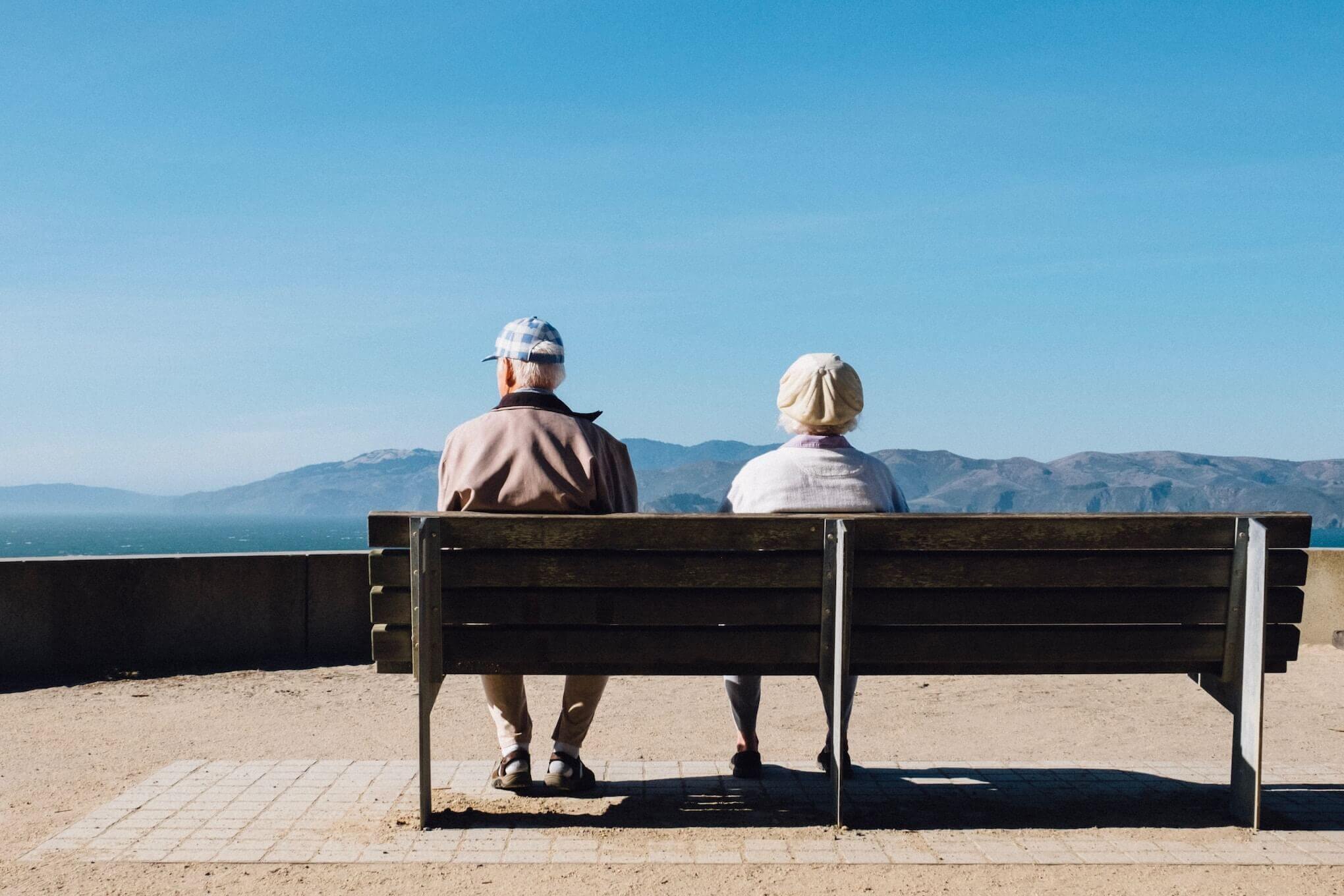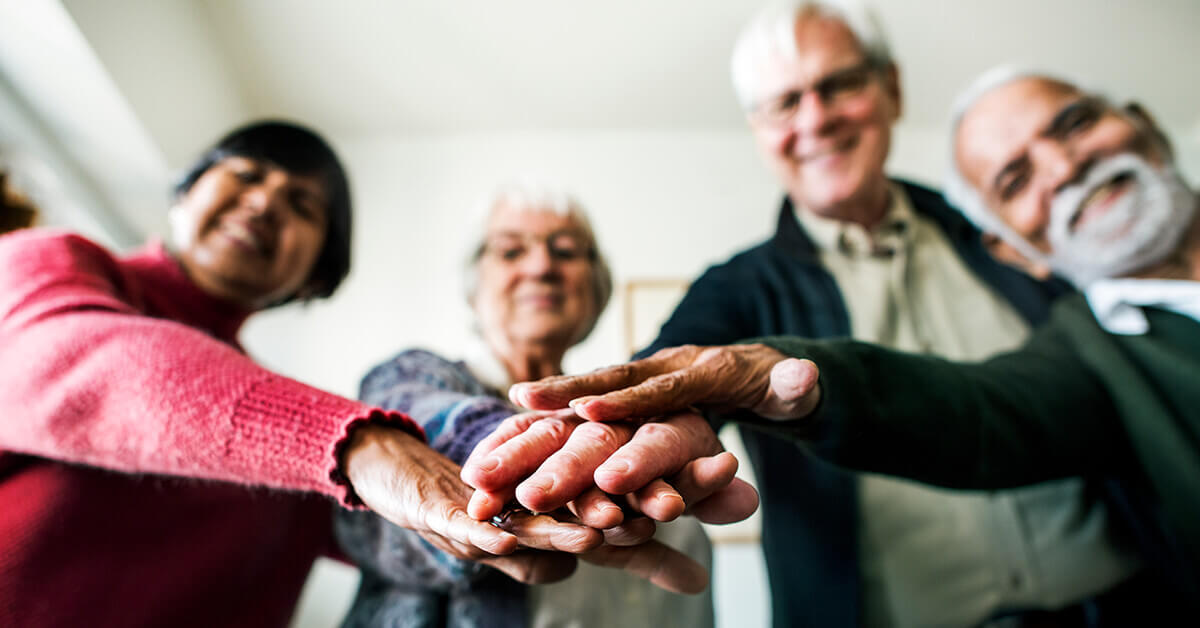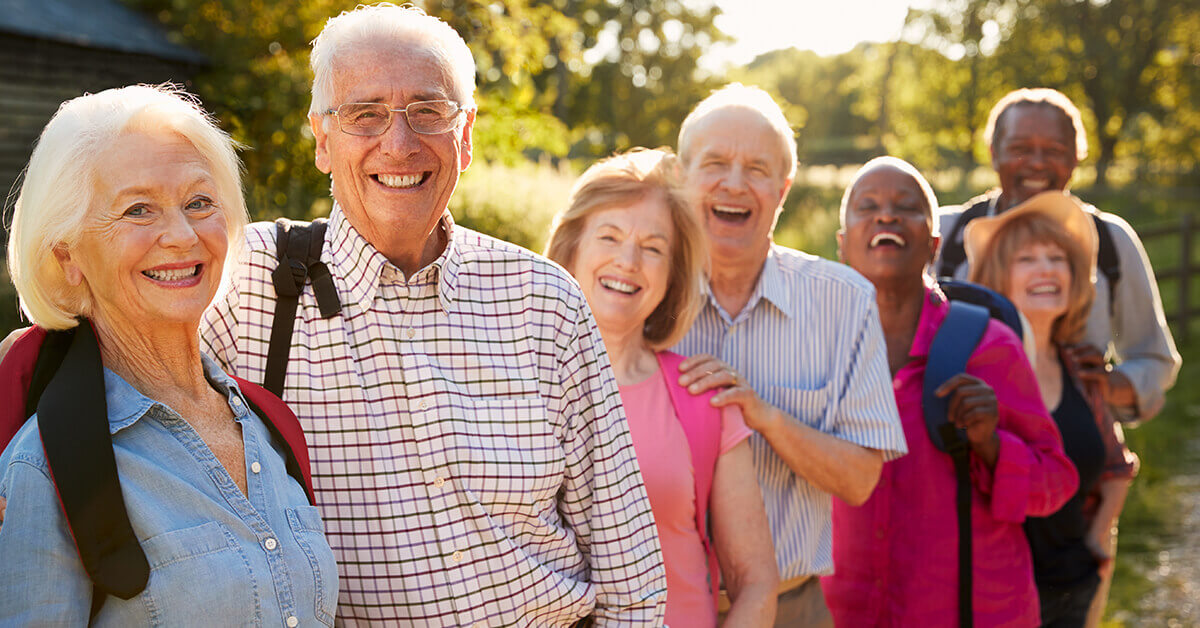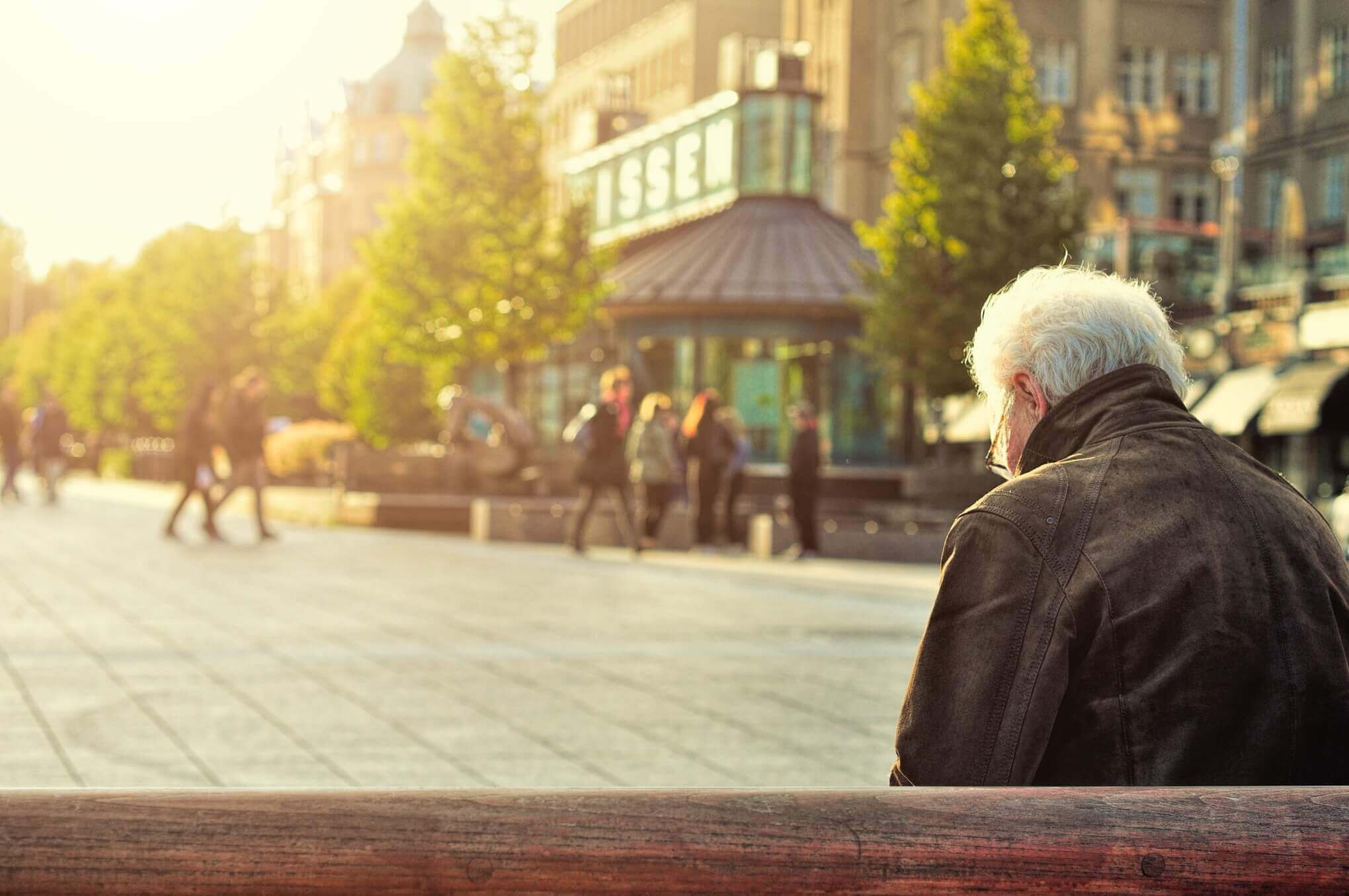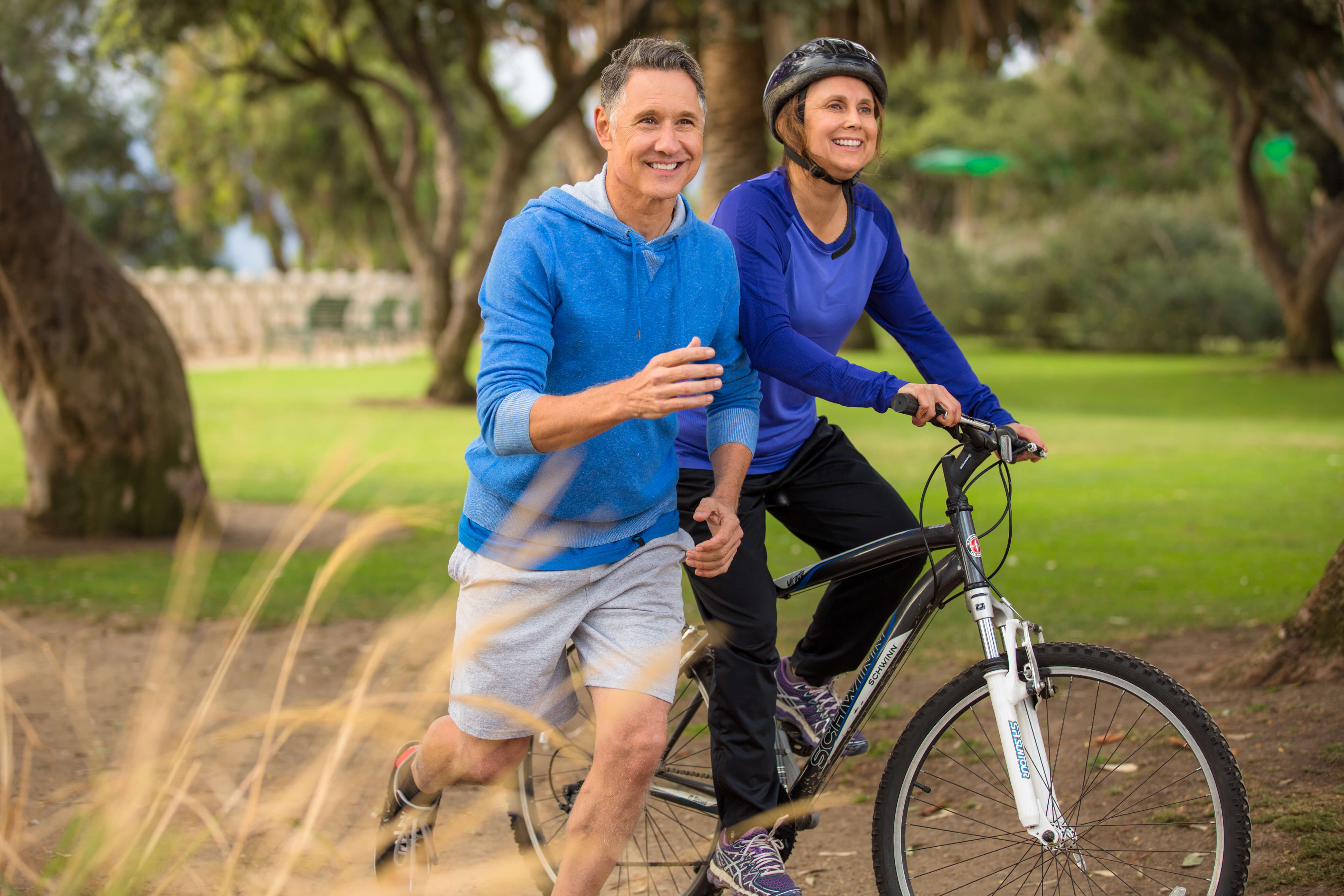What You Need To Know About Dehydration In Seniors
Dehydration in seniors is an often overlooked health issue that many people (both seniors and caregivers) are not adequately informed on. Keeping properly hydrated as an older adult can be difficult because your body tends to take longer to register thirst, and dehydration can set it without being recognized. Below is some very important information surrounding dehydration in senior citizens.
Seniors have less water in their bodies
Seniors tend to have less water in their bodies at any given time than younger adults. This means that hydration levels need to be more closely monitored than they would be in a healthy younger person consuming liquids as they feel thirsty throughout the day. If you provide care for a senior, a good way to ensure that they get sufficient water daily is to keep it readily accessible and to serve foods with high water content.
Overcompensating for dehydration in seniors can prompt incontinence issues
Keep in mind that the more liquids you consume the more frequently you will have to go to the bathroom. This is especially true if you are drinking diuretics like tea and coffee. Seniors with incontinence issues who end up consuming a lot of liquid daily might face more frequent leaks and urinary urges. Make sure to have the necessary incontinence products on hand to keep yourself comfortable and dry.
Know what to look for
Often dehydration creeps-up on us and by the time we feel off, it is already too late. Whether you are a senior living independently, or provide care to a senior/seniors, knowing what to look out for makes all the difference. This includes low sweat and/or tear production, dry skin and sunken-in eyes, low blood pressure and elevated heart rate, dizziness, constant headaches and confusion.
Conclusion
Across the age spectrum, some people just consume more liquids (and water) daily than others. Some people are quicker to feel thirsty or enjoy sipping beverages more than the next person. For the elderly, dehydration can be quite sneaky.
If you are worried you aren’t or someone you care for isn’t consuming enough liquids daily, and want to know how to ensure better hydration throughout the day, keep the above considerations in mind. For more information on dehydration in seniors, and anything to do with related incontinence issues, contact MedProDirect today, your incontinence specialist.

